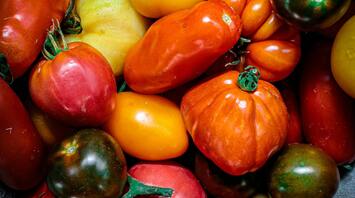Healthy Eating in the UK: What Prevents Change?

In recent years, the UK has seen an alarming trend: despite the abundance of fresh produce, people increasingly turn to fast food and ultra-processed products. This not only worsens public health but also significantly impacts the national economy.
According to a recent report, chronic diseases related to poor diets cost the country £268 billion annually — a figure exceeding the yearly NHS budget of £181 billion. Ultra-processed foods, which make up more than half of the British diet, are a major driver of these health issues.
Experts emphasize that prevention holds the key to solving the problem: transitioning to a healthy diet could significantly reduce financial and healthcare burdens. However, following government dietary guidelines, such as reducing processed foods and increasing fruit and vegetable consumption, comes at an added cost of around £38 per week for the average household.
Travelers and the Impact of Diet Choices
For travelers visiting the UK, this issue is also relevant. Popular farmers' markets like the one in Otley, Yorkshire, are filled with fresh fruits and vegetables, but their prices can be surprisingly high. Tourists looking to explore local cuisine might face a choice: save money by opting for fast food or spend more on healthier options.
Prospects and Measures
The UK government is taking steps to address the problem, including banning junk food advertising before 9:00 PM and restricting energy drink sales to under-16s. However, these measures may not be enough. Stricter regulations on food manufacturers and more affordable alternatives to processed products are necessary.
For those planning a trip to the UK, this is a great opportunity to consider a culinary journey: visiting markets and local cafés can be not only a cultural experience but also a step toward supporting a healthier lifestyle.



















